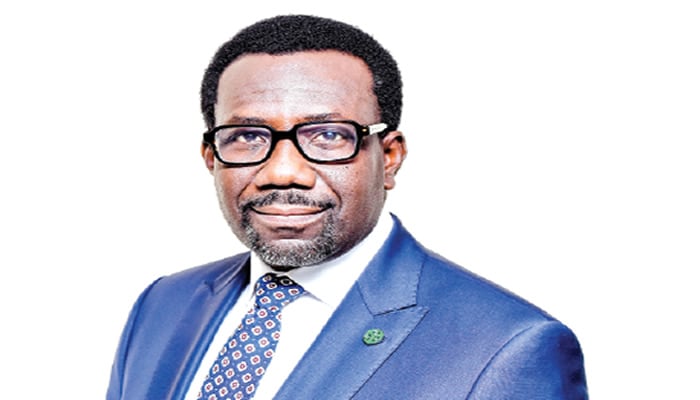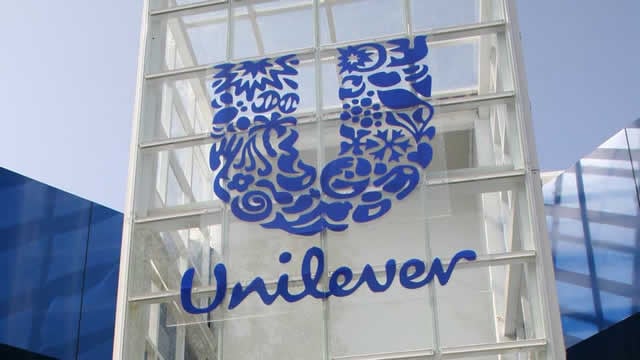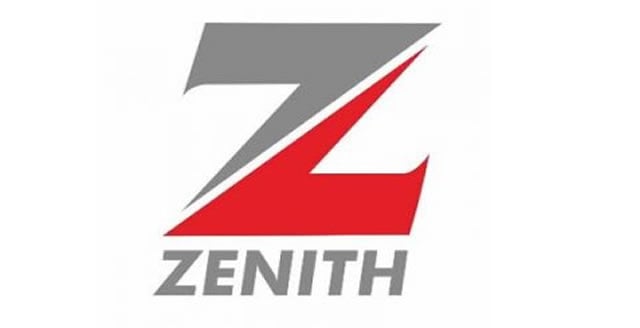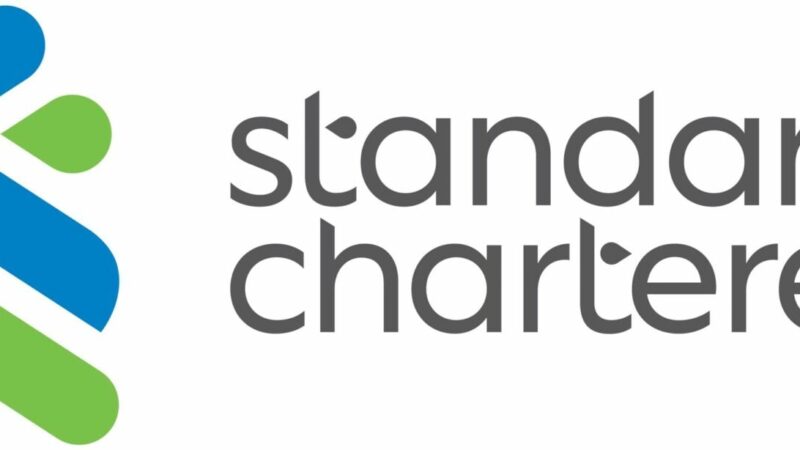FG spent $15bn on debt servicing in five years — CBN report

The Federal Government has spent a total of $15.55bn on debt servicing between 2019 and 2024, according to the latest data from the Central Bank of Nigeria.
In 2019, Nigeria paid $588.33m in debt service between January and May, while the payment for 2020 was $5.40bn.
The debt service payments continued to rise in subsequent years, with $2.02bn paid in 2021, $2.34bn in 2022, and $3.43bn in 2023.
Between January and May 2024, the country has paid $2.18bn in debt service, according to the CBN’s data.
This is 270.9 per cent increase compared to the first five months of 2019 which was $588.33m.
The $2.18bn, in May 2024 is nearing half of the $4.8bn projected by Fitch Ratings for the year.
This increase is despite the government’s assertions that it is shifting its focus towards domestic borrowing.
Fitch Ratings also predicts that the country’s external debt servicing will escalate by $400m to $5.2bn next year, raising concerns about Nigeria’s debt sustainability.
According to the CBN International Payments Data, the FG spent the highest on debt financing within the last five years in 2020 which amounted to $5.40bn.
Nigeria’s external debt service payments saw a significant increase of $1.1bn, reaching $3.5bn in 2023, according to FBNQuest Research.
This breakdown comprises $1.9bn in market debt payments and $1.6bn in non-market debt payments. Furthermore, the Federal Government plans to take on additional external debt, including N1.8tn in commercial borrowing and N1.1tn in concessional loans, as outlined in the 2024 budget.
FBNQuest Research expects a further increase in external debt service payments, mirroring Fitch Ratings’ predictions, due to the government’s plans to access commercial debt markets and anticipated growth in borrowings from concessional sources.
Recently, the government received $2.25bn from the World Bank to support President Bola Tinubu’s economic reforms.
The two-fold packages include $1.5bn for the Nigeria Reforms for Economic Stabilization to Enable Transformation Development Policy Financing Program and $750m for the Nigeria Accelerating Resource Mobilization Reforms Program-for-Results.
The Minister of Finance and Coordinating Minister of the Economy, Mr. Wale Edun, said, “We have undertaken bold and necessary reforms to restore macroeconomic stability and put Nigeria on a path to sustainable and inclusive economic growth. These reforms will create quality jobs and economic opportunities for all Nigerians.”
This loan, described as “virtually a grant” by Edun, is expected to support the government’s economic reforms and development initiatives.
The report noted that the principal programme development objective is to raise non-oil revenues and safeguard oil and gas revenues.







